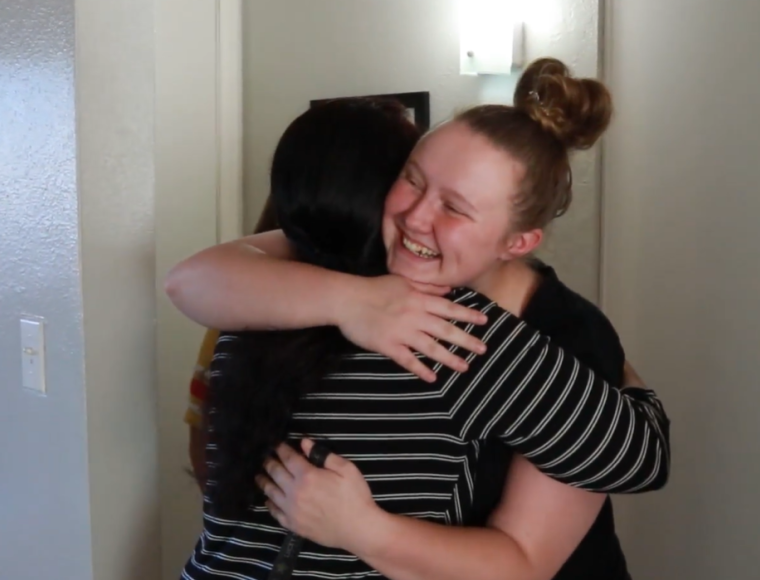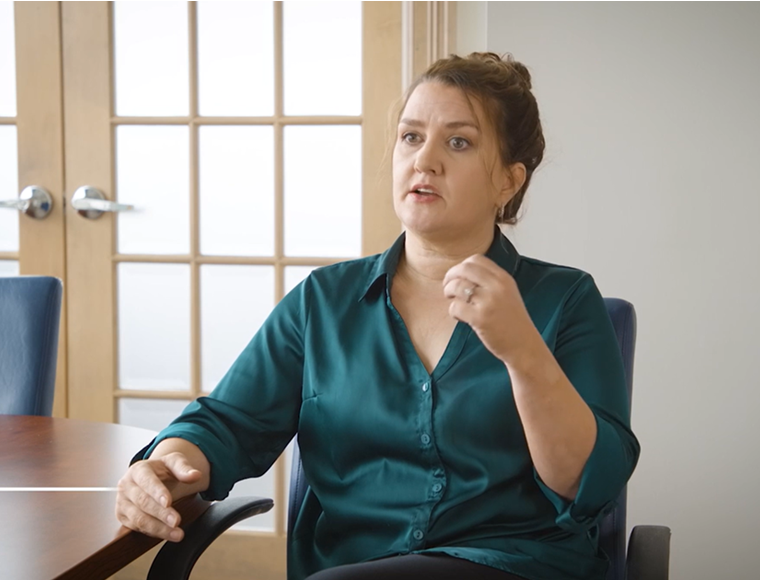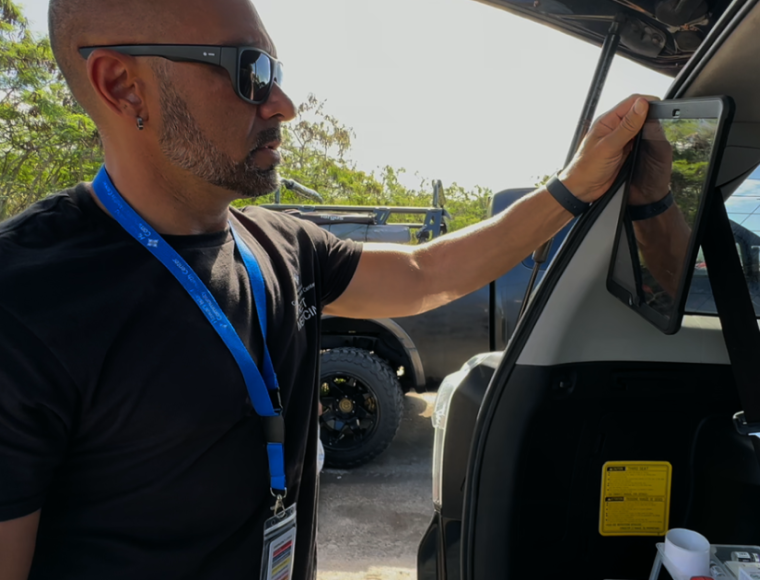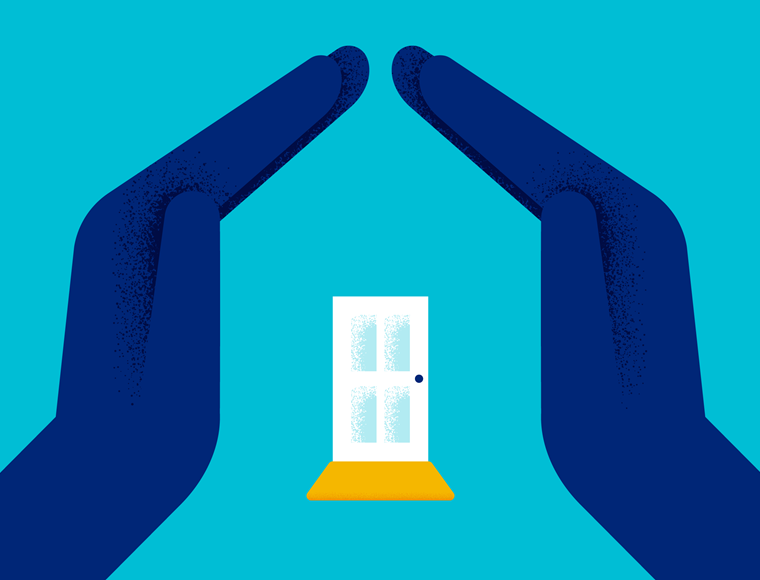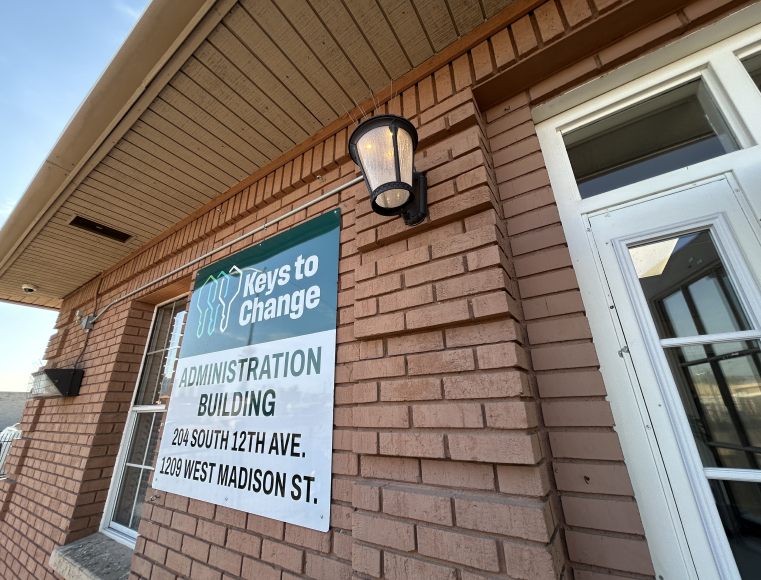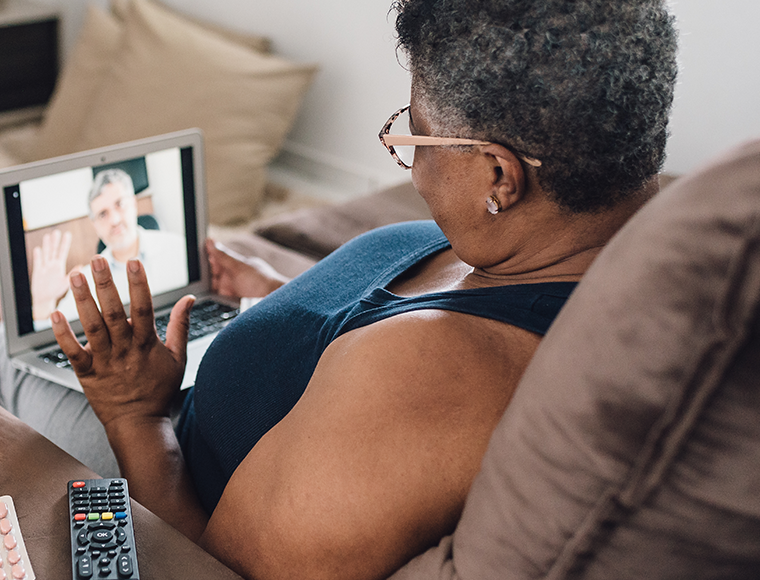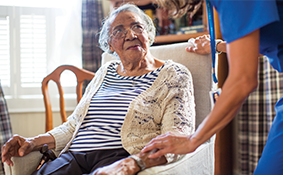Millions of people in our country struggle to meet basic needs such as adequate food, housing and transportation. These social determinants of health are difficult to address in normal times, but the COVID-19 outbreak exacerbates the challenge. This highly contagious virus is an even greater threat to people with complex health needs living in under-resourced communities.
Since COVID-19 hit the United States, food banks and hunger relief organizations are struggling with a sudden surge in demand for food, reduced food donations and a dwindling volunteer base. Meanwhile, our homeless shelters are overflowing, creating an enormous need for health and human services to assist them. To make matters worse, many of these individuals experiencing homelessness are living in congregate settings and have underlying health conditions that put them at higher risk of experiencing complications from the virus.
In response, we are stepping up to assist people experiencing homelessness and people struggling to keep food on their shelves. The UnitedHealthcare Foundation is teaming up with national organizations on the front lines of the crisis, including the National Health Care for the Homeless Council (NHCHC), Feeding America and Meals on Wheels to provide $5 million in support. Collectively, UnitedHealth Group has committed $50 million to support health care workers, seniors and others directly impacted by the pandemic.
In a report by the National Alliance to End Homelessness, it was estimated that 553,000 people were experiencing homelessness, and this number has likely grown since the start of the pandemic. We are working with NHCHC to deploy $2.5 million in grant funds in 10 – 15 communities nationwide to provide medical care to individuals living on the streets, in shelters or in encampments, and to purchase necessary supplies. The NHCHC will also allocate funds to expand and develop medical respite programs, providing temporary housing for individuals experiencing homelessness who do not need hospital-level care, but whose health care needs cannot be met in a shelter. Medical respite will help get individuals out of the hospitals, which are already overwhelmed treating COVID-19 patients. We are also working with the NHCHC to explore how medical respite can be used to isolate individuals who test positive for COVID-19, or to isolate people who are not infected to slow the spread of the virus.
To help address food insecurity, we are working with Feeding America and Meals on Wheels, providing $2.5 million in grants to help re-stock shelves and get meals and groceries to the people in the community who most need it. Having access to healthy foods is vital to the health and well-being of everybody.
We also have thousands of UnitedHealthcare members who are facing food insecurity and calling case managers for help. To support these members, we are urgently working with Pack Health to deliver hundreds of weekly groceries to those who are most in need. Given the shortage of actual food supply, we are prioritizing our most at-risk members so that we can provide them with food during these challenging times.
We’ll continue to do more in the short run and the long run. And as we look ahead to the future, we are working on policy reforms in Medicaid and expanding partnerships with community-based organizations to develop better financing and delivery models to serve our communities and our members.
This pandemic is challenging all of us, but people experiencing homelessness and food insecurity are more vulnerable. We are proud to be supporting and partnering with organizations doing amazing work on the front lines of this battle to save and improve lives.
Read more from Andy McMahon

